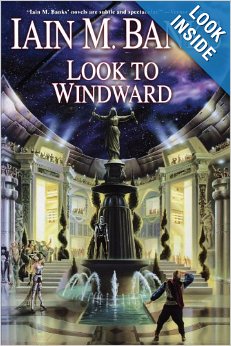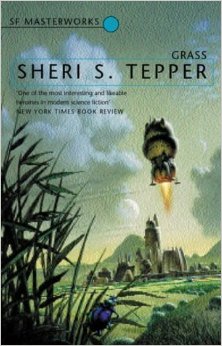Stars: 2 out of 5.
What attracted me to this book is its comparison with World War Z (the book, not the awful movie). I loved WWZ and its (then) new take on the zombie apocalypse. I loved that the author chose to tell the story of what happened AFTER the end of the world as we know it. That it was as much a tale of fighting the zombies as one of rebuilding a life in a new reality where they existed. So another story about civilization coping with a world-changing event and rebuilding after it – I was all in.
Unfortunately, the only way this book IS like WWZ is that it’s a collection of fictional interviews and diary entries. It is also very, unimaginatively boring… I kept hoping that there would be some emotional reward or grand revelation if only I kept reading, but I turned the last page and the only thought in my head was, “why waste 288 pages on THAT?”
The whole story can be summed up in four steps. 1. There is a mysterious Pulse from space that alters human DNA. 2. About 30% of people are susceptible to the Pulse and change, becoming the Elevated. From those, about 1/3 die during the “transformation. 3. The surviving Elevated disappear from our reality into a parallel dimension during the Finality. 4. The other 70% of the world’s population learn to keep on living. That’s it! Why drag this into 288 pages of boring accounts? Why rehash the discovery of the Pulse for 100 some pages?
I guess the biggest problem with this book is that the author chose the wrong people to be his “voices” telling this story. His fictional book writer interviews scientists, members of the White House, the President, and other fellow journalists. None of them were the boots on the ground when all these events happened. They observed and reacted from afar. What made WWZ so great was that we read the accounts from people who survived those zombie attacks. So it felt like we were right there with them when the horror was unfolding. Here, we have several degrees of separation between the events and the people who tell about those events. So guess what? I don’t feel engaged. It’s a snooze fest instead.
Plus, all the major events the Pulse and the Elevation triggered are just summarized by the author. Give me the eyewitness accounts of the massacre of the Elevated Camp, don’t TELL me in a half-page summary that it happened. I don’t want to read 10 different interviews with Dahlia Black about her accidental discovery of the Pulse. I got the gist of it the first time around, thank you very much! You want to keep me engaged? Give me more eye witness accounts of the transformations. Give me survivor reactions. Don’t tell me that the world collapsed and is slowly rebuilding itself. SHOW me. Unfortunately, the author failed to do just that.
I also didn’t quite understand the need to insert this whole side story about the Twelve. It brought nothing to the main storyline and felt absolutely useless.
To summarize, WWZ this is NOT. And definitely don’t compare it to the brilliant weirdness of the Southern Reach trilogy. This is just plain boring.
PS. I received an advanced copy from Netgalley in exchange for an honest review.






